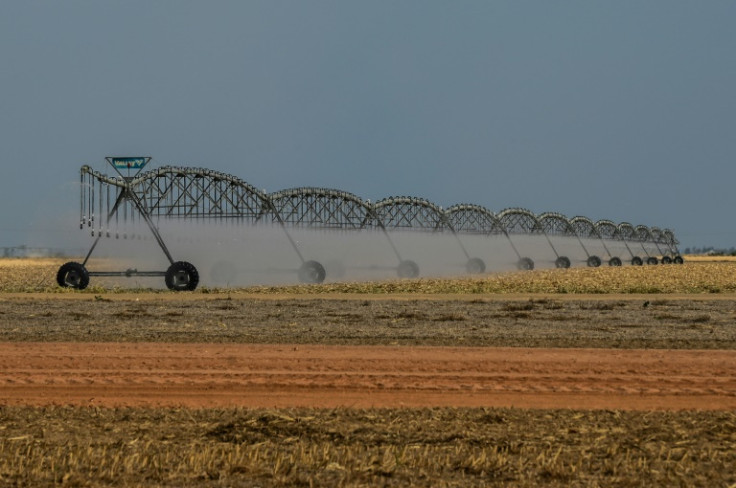
A top Rabobank executive warned this week that banks will begin raising interest rates for farmers who fail to curb greenhouse gas emissions.
Like many other banks, Rabobank, based in the Netherlands, has a net zero target date—2050—with a lowered emissions goal set for 2030.
"As a bank, we need to hold capital depending on the risk that our clients represent," Rabobank's Lara Yocarini told Bloomberg. "Over time, as we get closer to that 2030 deadline, obviously clients who are unable or unwilling to transition and improve their carbon footprint will become for us as a bank a higher risk. And so just by virtue of that higher risk, probably the pricing will adjust."
On the other hand, Yocarini said, sustainability-linked loans offer a way for farmers to get a discounted lending rate for good ecological stewardship.
The Net Zero Banking Alliance is a coalition of more than 130 banks who collectively hold over 40% of bank assets worldwide. Its members include Bank of America, Citi, Deutsche Bank, JPMorgan Chase, Morgan Stanley and UBS. In recent years, most of the alliance has pledged to get to net zero greenhouse gas emissions by or before 2050.
"This Commitment recognizes the vital role of banks in supporting the transition of the real economy to net-zero emissions, but we will only succeed in achieving this objective if our clients and other stakeholders also play their part," reads the pledge most NZBA banks have signed. "We make this Commitment with the expectation that governments will follow through on their own commitments to ... the Paris Agreement."
Agriculture creates roughly 20% of humanity's greenhouse gas emissions. The Paris Agreement does not specifically discuss agriculture, but it calls on countries to say how much they plan to reduce their emissions to help achieve the goal of keeping global temperature increases below 2 degrees Celsius above pre-industrial levels.
According to a report from the World Business Council for Sustainable Development—produced in consultation with an array of banks including Rabobank—some banks are nudging the farmers in their agricultural sector portfolios toward net zero by measuring and disclosing farmers' progress toward emissions reduction goals.
The report urges banks to "focus... their agriculture portfolio targets on the farm" and "to keep forestry targets separate from agriculture." This is because "banks might have a greater ability to influence" farms and because farms produce so much greenhouse gases.
Yocarini insisted that farmers will not be forced into massive herd-culling or bankruptcy by the lower emissions standards. She suggested they can switch out their feeds or stockpile carbon credits by planting trees, for example.
"There's still a huge amount of progress that we can make through technology, through innovation, through more sustainable practices," she said.







